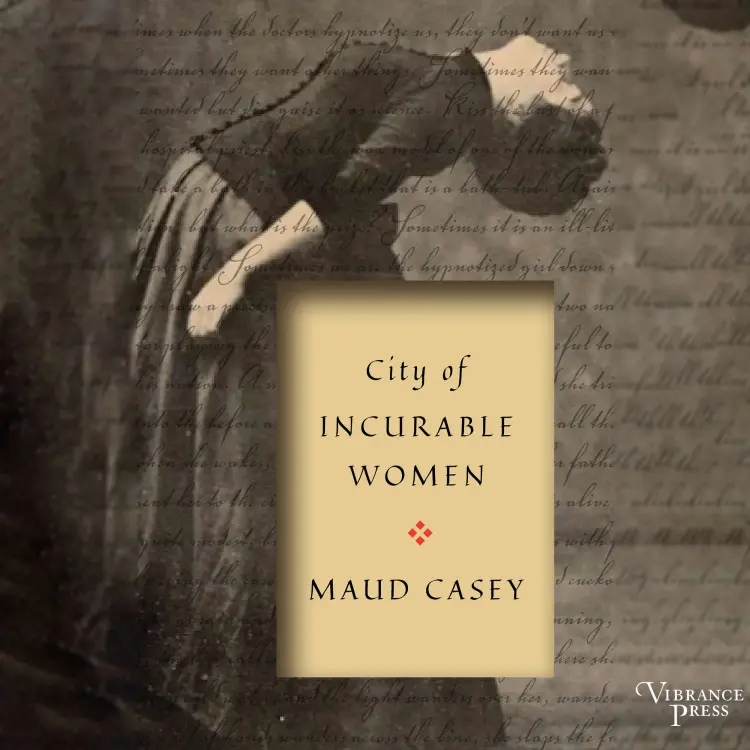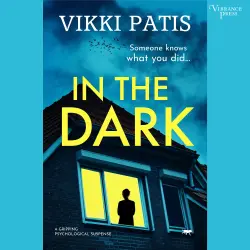
City of Incurable Women
Maud Casey
Unabridged
2 horas 59 minutos
Nota: La reproducción de los audiolibros o de las obras de audio en las respectivas plataformas, por ejemplo Spotify, puede generar gastos. Lismio no tiene ninguna influencia sobre qué audiolibros y obras de audio están disponibles en el servicio.
Algunos artículos contienen enlaces de afiliados (marcados con un asterisco *). Si hace clic en estos enlaces y compra productos, recibiremos una pequeña comisión sin coste adicional para usted. Su apoyo ayuda a mantener este sitio en funcionamiento y a seguir creando contenidos útiles. Gracias por su apoyo.
De la editorial
In a fusion of fact and fiction, nineteenth-century women institutionalized as hysterics reveal what history ignored"
City of Incurable Women is a brilliant exploration of the type of female bodily and psychic pain once commonly diagnosed as hysteria-and the curiously hysterical response to it commonly exhibited by medical men. It is a novel of powerful originality, riveting historical interest, and haunting lyrical beauty." -Sigrid Nunez, author of The Friend and What Are You Going Through
"Where are the hysterics, those magnificent women of former times?" wrote Jacques Lacan. Long history's ghosts, marginalized and dispossessed due to their gender and class, they are reimagined by Maud Casey as complex, flesh-and-blood people with stories to tell. These linked, evocative prose portraits, accompanied by period photographs and medical documents both authentic and invented, poignantly restore the humanity to the nineteenth-century female psychiatric patients confined in Paris's Salpêtrière hospital and reduced to specimens for study by the celebrated neurologist Jean-Martin Charcot and his male colleagues.
Maud Casey is the author of five books of fiction, including The Man Who Walked Away, and a work of nonfiction, The Art of Mystery: The Search for Questions. A Guggenheim Fellow and recipient of the St. Francis College Literary Prize, she teaches at the University of Maryland.
City of Incurable Women is a brilliant exploration of the type of female bodily and psychic pain once commonly diagnosed as hysteria-and the curiously hysterical response to it commonly exhibited by medical men. It is a novel of powerful originality, riveting historical interest, and haunting lyrical beauty." -Sigrid Nunez, author of The Friend and What Are You Going Through
"Where are the hysterics, those magnificent women of former times?" wrote Jacques Lacan. Long history's ghosts, marginalized and dispossessed due to their gender and class, they are reimagined by Maud Casey as complex, flesh-and-blood people with stories to tell. These linked, evocative prose portraits, accompanied by period photographs and medical documents both authentic and invented, poignantly restore the humanity to the nineteenth-century female psychiatric patients confined in Paris's Salpêtrière hospital and reduced to specimens for study by the celebrated neurologist Jean-Martin Charcot and his male colleagues.
Maud Casey is the author of five books of fiction, including The Man Who Walked Away, and a work of nonfiction, The Art of Mystery: The Search for Questions. A Guggenheim Fellow and recipient of the St. Francis College Literary Prize, she teaches at the University of Maryland.












